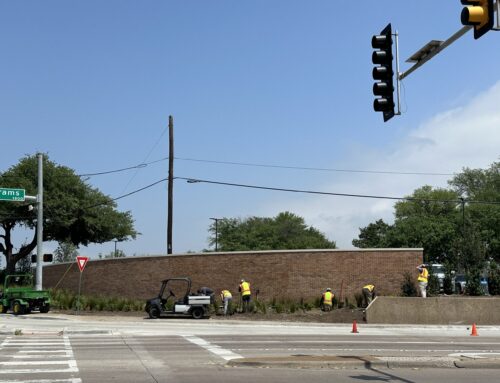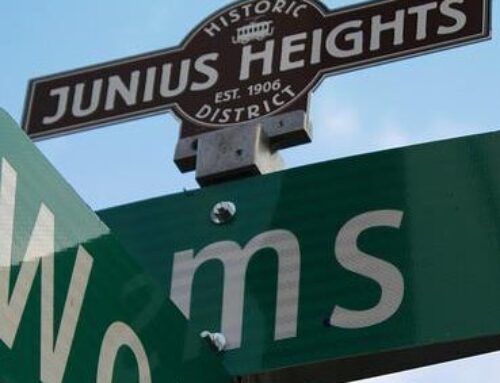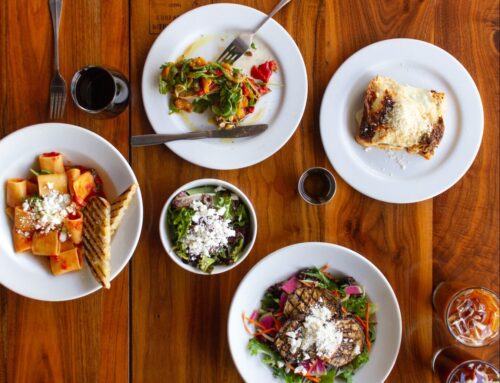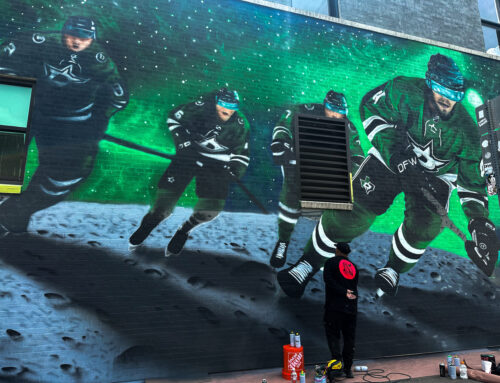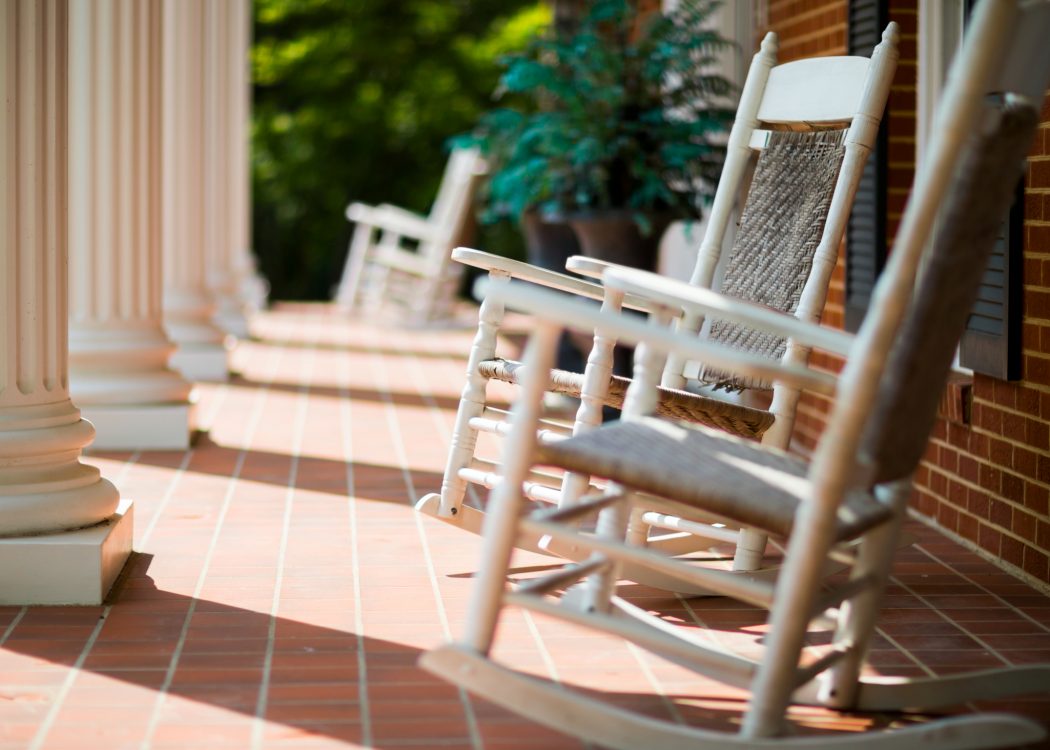
Let’s have more porch time this year.
I know it’s January, and we’ll probably be huddled by fireplaces more than spread out on the porch, but “porching” is spiritual strategy as much as a physical place.
Audra D. S. Burch has written about the importance of the front porch to African-Americans. She calls it “a stage straddling the home and the street, a structural backdrop of meaningful life moments. It is like the quietest family member; a gift where community lives and strangers become neighbors.” It’s a kind of outdoor living room where people connect and neighborliness happens.
Unfortunately, front porches have fallen out of favor, with alleys and garages allowing us to cocoon inside our homes. Central air-conditioning means we don’t have to go outside to find a breeze. Back porches have replaced front porches as extensions of our desire for privacy.
But something is lost in the design.
“Architecture and identity go hand in hand,” says Germane Barnes, an African-American architecture professor from the University of Miami. That leads us to ask what loss of identity corresponds to the loss of our front porches.
Commenting on Burch’s New York Times piece, one reader wrote: “My father died when I was a child, and he suffered his illness at home and died there. My parents had different Jewish backgrounds, with my mother more Conservative and kosher, and my father Reform and not. They agreed when they married that although my father could eat whatever he wanted outside, there would be no treyf in the house. When my father was dying, my grandmother asked if she could bring over his favorite food, which was lobster. My mother said, ‘Yes, of course,’ and she did, in an enormous pot. But he ate it outside, on the porch.”
This raises the metaphorical meaning of porching. Not just our family homes, but our churches, synagogues and mosques tend to retreat within their houses of God, carrying out worship, study and fellowship only with likeminded believers. While that produces a cohesive sense of community for each congregation, failure to interact deeply with people of other faiths deprives us of skills necessary to love our neighbors as ourselves.
Any time we meet someone of a different faith tradition, we carry our own faith with us into the encounter, and we experience theirs at the same time. Sometimes this means negotiating public space in a way that makes room for others to feel at home, too.
That’s why saying “Happy Holidays” rather than “Merry Christmas” when we don’t know someone’s religious bent can be an act of love. Or if we do know what they are observing or celebrating, wishing them “Merry Christmas,” “Happy Hanukkah” or “Ramadan Mubarak” is an even kinder gesture.
Our country is becoming more spiritually diverse by the day. Rather than see that as a threat, we might take a seat on the porch and visit. Better understanding might yield a more peaceable world. And every religion can say “Amen” to that.


